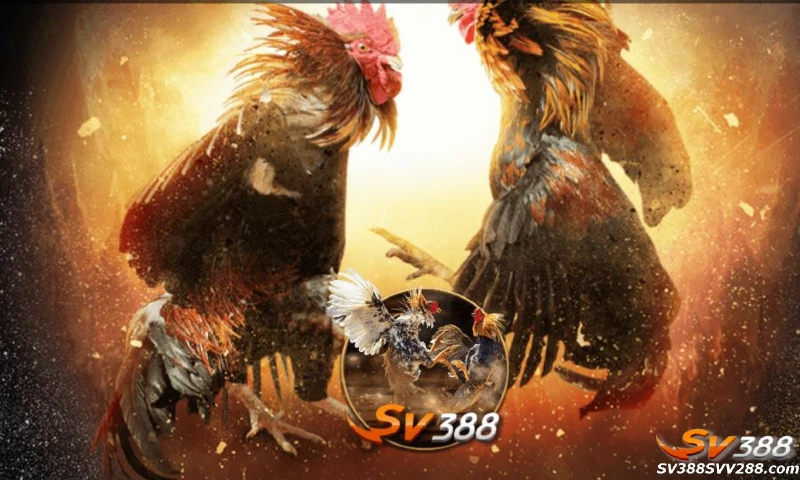In the arena of digital entertainment, a provocative yet controversial phenomenon has emerged: SV388, an online platform dedicated to cockfighting. This case study examines the rise of SV388, its operational model, the implications for animal welfare, and its cultural significance in regions where cockfighting has deep historical roots.
SV388 debuted in the late 2010s, leveraging the growing popularity of online gambling and the widespread accessibility of the internet. It operates primarily in Southeast Asia, where conventional cockfighting has long been a staple of local culture. The platform offers live-streamed matches, allowing users to place bets on various fights using their computers or mobile devices. Here, the traditional practice is intertwined with advanced technology, and users can witness matches in real-time from the comfort of their homes.
One of the significant appeals of SV388 is its easy-to-navigate interface and the social aspect of the platform, which fosters a sense of community among enthusiasts. Users can interact through live chats during the matches, share betting tips, and celebrate wins or commiserate losses together. The platform’s developers have capitalized on these social dynamics, regularly hosting large events featuring high-profile rooster competitors with sizable cash prizes, drawing even larger audiences both sabung ayam online and offline.

However, the operations of SV388 have sparked intense ethical debates, particularly concerning animal welfare. Critics argue that online platforms like SV388 commodify animals, treating them solely as commodities for entertainment and profit. The roosters are often subjected to rigorous and sometimes cruel training regimes to enhance their fighting abilities, raising serious concerns about their treatment. In many countries, such practices are illegal or highly regulated, leading to questions about the legality of SV388's operations in various jurisdictions.
Supporters of SV388 assert that the platform can provide economic opportunities for breeders and trainers, allowing them to earn a living from their investments in high-quality fighting birds. They argue that the sport is rooted in cultural traditions that should not be dismissed. In regions where cockfighting is legally sanctioned, SV388 has managed to blend tradition with modernization, maintaining interest in a centuries-old practice while providing an accessible platform for new generations of enthusiasts.
The legal landscape surrounding online cockfighting remains complicated, with SV388's operations navigating a fine line between legality and illegality in various jurisdictions. Some nations have embraced regulations to oversee online gambling, while others maintain stringent bans on all forms of animal fighting. As such, SV388 has often faced scrutiny or outright prohibition, leading to its continuous adaptation and maneuvering within evolving legal frameworks.
In conclusion, SV388 embodies a significant intersection of tradition, technology, and ethics within the realm of online gambling. While it has successfully created a virtual community for cockfighting enthusiasts, it also serves as a focal point for the ongoing struggle between cultural heritage and the push for animal rights. The future of SV388, as well as the broader acceptance and regulation of online cockfighting, will hinge on societal attitudes towards the sport, animal welfare considerations, and the adaptability of the platform to align with local laws.

